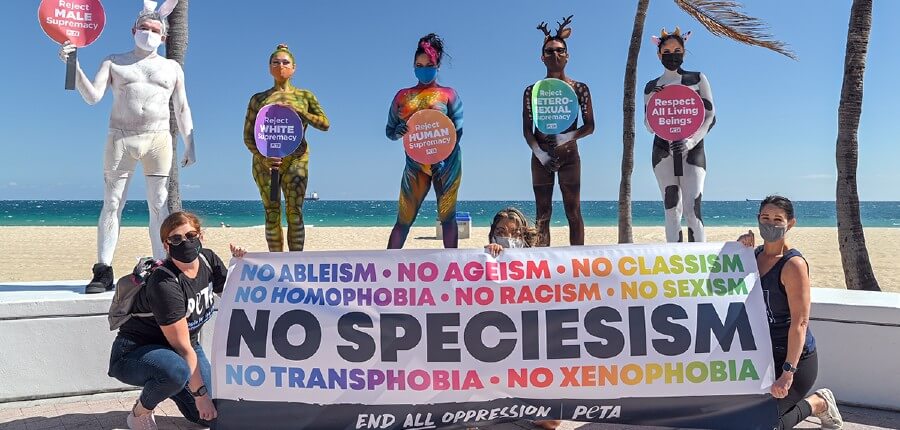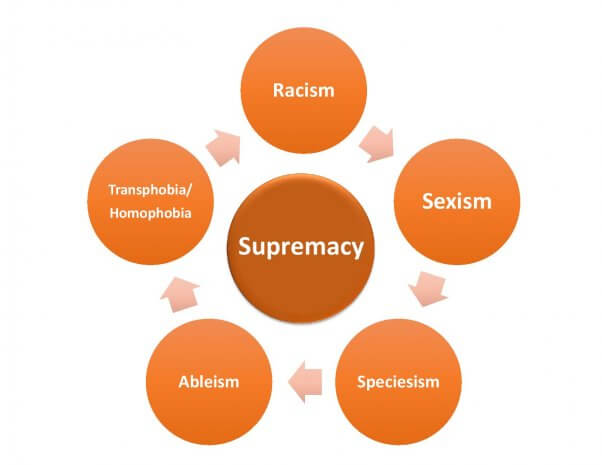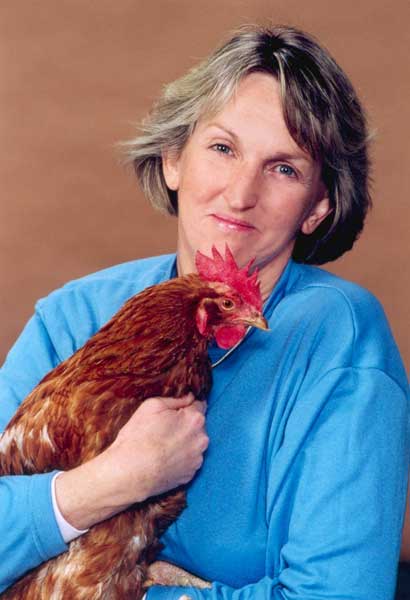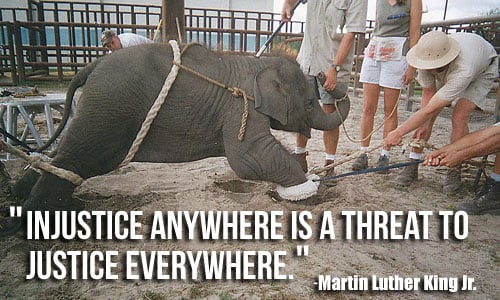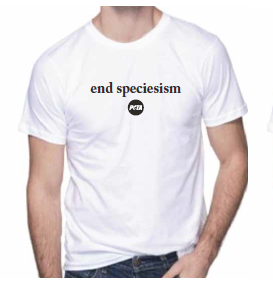Please enjoy this article from the latest issue of our magazine, PETA Global. To begin your subscription, become a PETA member today!
When human rights hang in the balance, we who speak up for animals are often told to zip it. This isn’t the time to be concerned about other species, the argument goes–we must first resolve the problems facing various members of our own species.
That’s tommyrot. We absolutely must not put animal abuse on the back burner. More power to anyone fighting any form of prejudice or abuse, but injustice is not some narrow issue that you can only care about when it affects the group that you identify with the most closely. Believing in justice means believing in principles, understanding how it affects more than just yourself, your family, your nation, your gender, and your race. As Connie Salamone, founder of New York’s Vegetarian Feminists’ Collective said, “It’s hard to argue for women’s rights when your mouth is full of the remains of a small tortured bird.”
Now that racial abuse and misogyny are as glaringly obvious as an oncoming headlight, it’s even more important to understand what links all rights movements. In the HBO special I Am an Animal, I read some of PETA’s hate mail out loud. The majority of it, like the nastiness that appears on PETA’s Twitter accounts today, was from self-identified sexists and homophobes, grinning trophy hunters, and people who get a kick out of spelling out hateful messages with the bodies of rabbits and coyotes they’ve shot. They remind us that all serial killers of humans have a history of harming animals. PETA’s gay staffers receive graphic descriptions of sexual acts, and I receive lewd suggestions as well as pictures of myself with my eyes crossed out.
Henry Bergh, founder of the ASPCA, who also won the first US court case about child abuse, said that if you teach a child not to step on a caterpillar, you do as much for the child as you do for the caterpillar. And Dr. Martin Luther King Jr. rightly noted, “Injustice anywhere is a threat to justice everywhere,” when he was criticized for objecting to the Vietnam War by those who thought he should restrict his activism to racial discrimination.
Bullying and violence aren’t limited to acts against humans any more than they’re limited to acts against certain races or a single gender. Animal rights proponents embrace the words of civil rights activist and feminist Audre Lorde, who said,
A few years ago, scientists and philosophers issued the Cambridge Declaration on Consciousness, calling on humanity to recognize the rights of other species and saying, “The weight of evidence indicates that humans are not unique in possessing the neurological substrates that generate consciousness. Nonhuman animals, including all mammals and birds, and many other creatures, including octopuses, also possess [them].”
If ever there were a time to broaden our objections to discrimination against anyone–whether Muslims, people with disabilities, or any other living beings–it is now.
Take Action Now
Learn more about animal rights and why they matter at PETA.org/Stand, and proudly take a stand with PETA’s new “End Speciesism” tee.

